Как вывести бонусный баланс Kometa Casino?
August 11, 2024Как вывести деньги на карту Kometa Casino?
August 14, 2024Business software is used to automate the business process, save time and money, improve collaboration and increase productivity. Some of the most popular examples include CRM (customer relationship management), ERP (enterprise resource planning) and HCM (human resources management). Certain business software is more fundamental and is used for daily tasks such as accounting, payroll and financial reporting. Certain programs are more specific, and can be developed professionally by Custom Software Development companies.
The early introduction of business software revolutionized how companies functioned by replacing manual labor with technological. For instance, word processors replaced typewriters while project management software replaced an drafting board and helped teams to perform more efficiently. Other types of business software are designed to improving communication and marketing. They include e-commerce platforms that facilitate online transactions, feedback tools, and sales visibility dashboards.
Some people aren’t keen to incorporate these tools into their business processes because they fear they could result in the loss of jobs. Implementing these tools into daily business operations won’t take away jobs; it just moves employees to higher-level tasks that require more expertise.
Project management is another popular use of business applications. For instance, tools such as Google Workspace can provide a centralized workspace that lets employees collaborate and share documents. These platforms can also be adapted to fit a specific workflow or department. Additionally, there are apps that can help users track and manage their time while working on projects. These apps are based on the Kanban method and are perfect for a multi-step project. They allow users to track the progress of their projects in a systematic and time-bound manner. This will result in better invoicing and payment processing.
https://www.businessboardroom.net/how-to-split-the-screen-on-chromebook
Related posts

